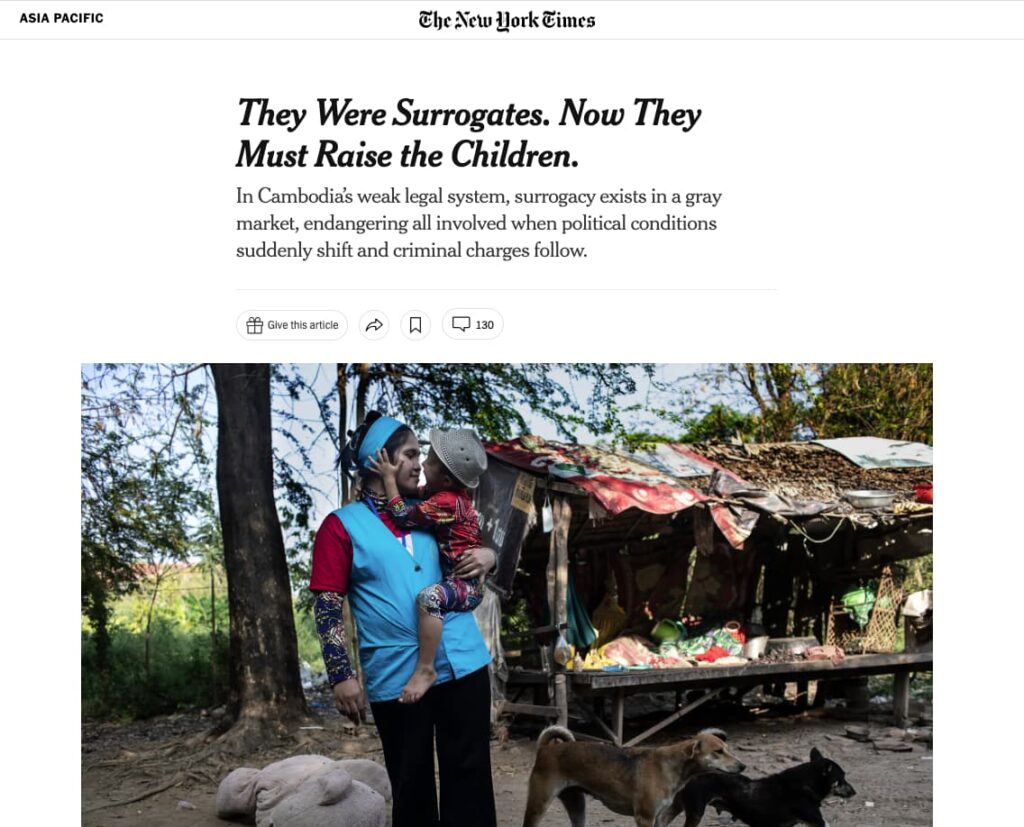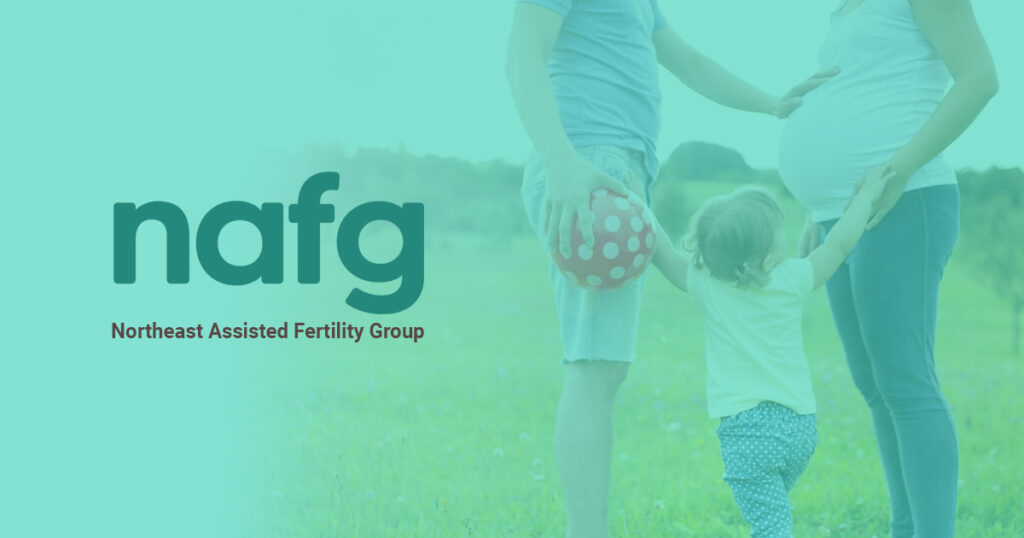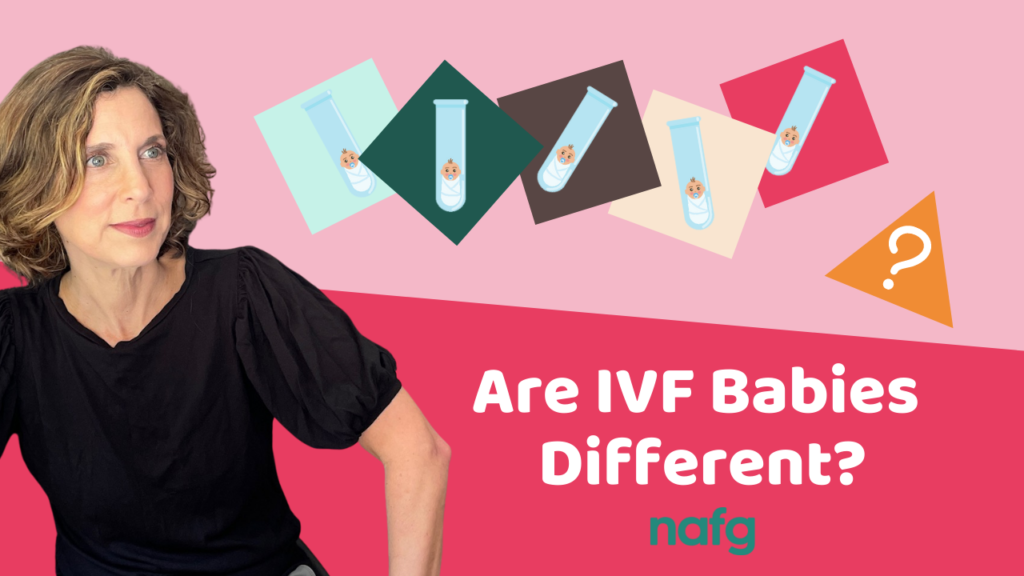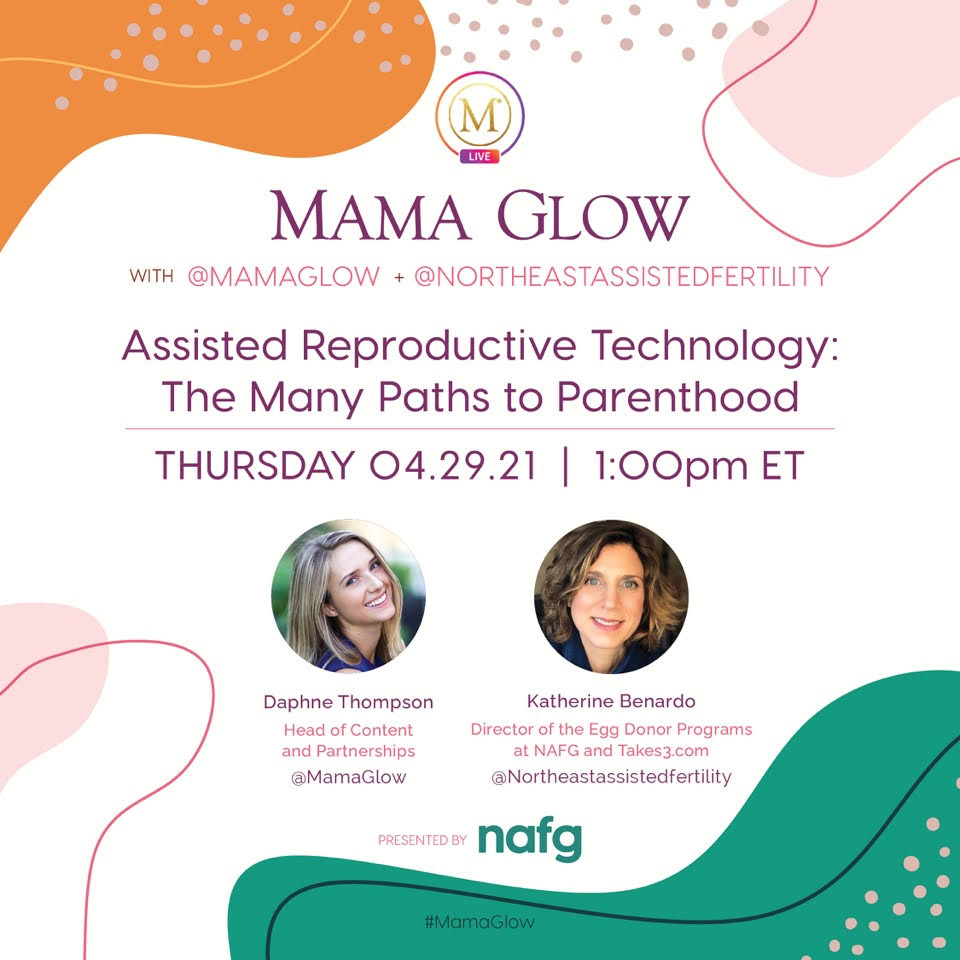What is a frozen embryo, exactly? With in vitro fertilization (IVF), the embryologist combines the sperm and eggs to create fertilized eggs or embryos. It takes 3-5 days to create an embryo that is ready to freeze for later use (it can also be genetically tested at this point, to see if it is chromosomally normal). This “blastocyst” contains 70-100 cells: some will develop into fetal tissue and some into the placenta.
There are hundreds of thousands of frozen embryos in the US as a result of IVF. During an IVF “cycle,” hormones are administered to stimulate the maturation of more than one egg (which is typical in a normal menstrual cycle). This is to increase the chances of having a healthy embryo, as not all eggs will fertilize. The more eggs there are, the better chances of having a healthy embryo to transfer, and the better the chances of a successful pregnancy. Many times, there are leftover embryos (not always of the highest quality) that remain frozen in perpetuity.
In Alabama, these embryos, these masses of 100 cells each, with no hearts, brains, bones, or blood, are considered persons. This enforcement of this proclamation is unclear. Taken to its literal extreme, it can be terrifying to hopeful parents.
In order to create a pregnancy, an embryo must be thawed and then transferred to the intended mother’s (or surrogate’s) uterus, which as been prepared with hormones. What if the embryo does not survive the thaw: would this be considered a wrongful death?
Read More






